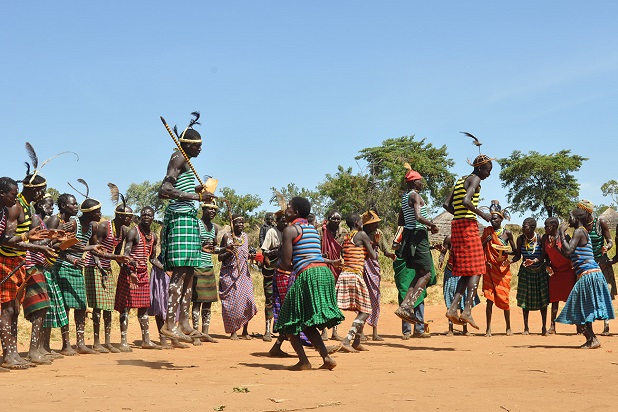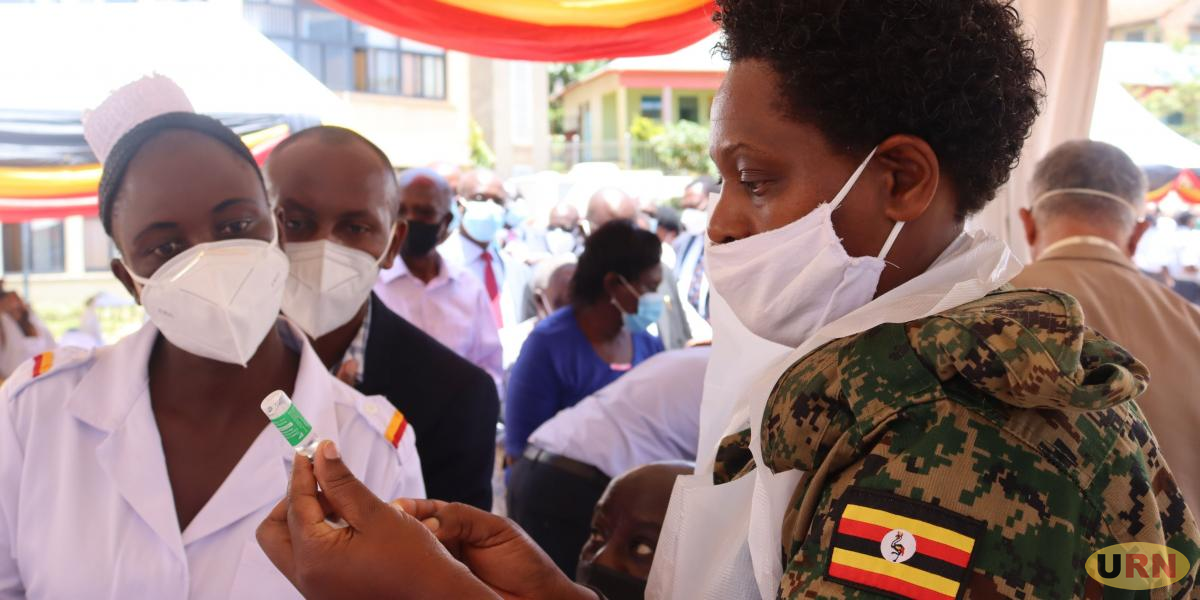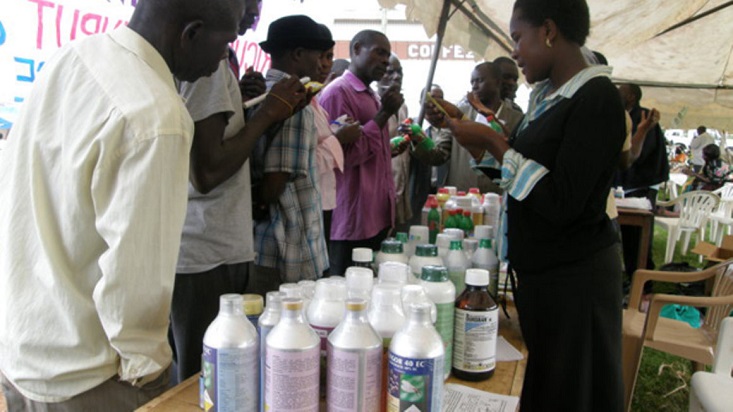The European Union-EU delegation to Uganda has queried the renewed insecurity in Karamoja sub-region that has seen several incidents of cattle rusting in the past days.
EU ambassador have pitched camp in Karamoja on a five-day joint mission where they held several meetings on security, education, environmental management, wildlife protection, tourism, teenage pregnancies and mining.
Led by Attilio Pacifici, the Head of the EU delegation, the EU ambassadors, said that security and education are the main issues that require urgent attention in the sub-region.
“One of the main objectives of the mission was to understand the differences between what we have seen in the past and what is happening now. We come out with two key points; the importance of education to transform the region and the new security situation,” says Pacifici.
During the Ambassador’s stay in Karamoja, communities experienced several raids, which rustlers made off with thousands of cattle. Paul Komol Lotee, the Kotido LC V Chairperson reported to the delegation that the area experienced a raid on September 1, 2021, where rustlers took 300 cows.
Another raid by armed rustlers happened on Thursday night in which, one person was shot and injured and over 1,000 animals taken. The raid happened at Maaru in Kotido district. Earlier on, the EU ambassadors learnt that a Germany funded valley dam at Kakamar Sub-County, in Kaabong district meant to provide water to cattle is idle because there is no single cow in the sub-county.
The valley dam is part of a bigger project comprising eight valley dams in Karamoja sub-region valued at Shilling 46 billion (11 million Euros). According to Joseph Tikol, the Kakamar Sub-county LC III Chairperson, the dam is currently used mainly by elephants after more than 8,000 cattle for which it was constructed were raided.
Ambassador Pacifici wonders what could have happened to spark off the renewed insecurity in the area since the security situation has improved few years ago. “I think that is the kind of question that we should keep asking because it is not clear how it happened, why all of a sudden security came back as a factor limiting the progress of development and changes in this region,” says Pacifici.
He says that the element of security needs to be handled quickly to ensure that Karamoja sub-region is not taken back to the past bad days.
Rudi Veestraeten, the Ambassador of Belgium, said that during their security meetings and discussions with the commanders of Uganda People’s Defense Force –UPDF and Uganda Police Force- UPF, they tried to understand what is happening and the causes of violence in the sub-region.
“So we are not people who have solutions to these problems or even a strategy…that’s not our role. What we tried to do was to understand what was happening, what the dynamics are between the security forces and the local population,” says Rudi.
He adds that it is a little difficult to say that they now have a full vision on the security situation.
Massimiliano Mazzanti, the Italian Ambassador also wonders what could have happened between February and now when he was last in Karamoja on a mission.
He added that to ensure peace, a longer transition period in which forces are more present and closer to the population might quell the animosity which is traditionally affecting the clans.
“A possible solution is having a dialogue within the region, the clans because arms, weapons moving is an effect by the causes in Karamoja. And certainly withdrawing forces and creating these gaps encouraged the unfortunate return of these dynamics in the region,” Mazzanti notes.
Karin Boven, the Ambassador of Netherlands, said that they only got a snapshot of the situation. She however indicates that the security situation is closely linked to the lack of education since people go back to traditions because of their lack to education.
Nicole McHugh, the Deputy Ambassador of Ireland also emphasizes that security and education move hand in hand and that there is an urgent need to ensure skilling of people in the Karamoja sub-region so that they move away from activities that may not be productive.
Mathias Schauer, the Ambassador of Germany says that he still has a lot of unanswered questions in regard to the willingness of the people in Karamoja to spend money and buy weapons more than other regions in the country.
-URN





